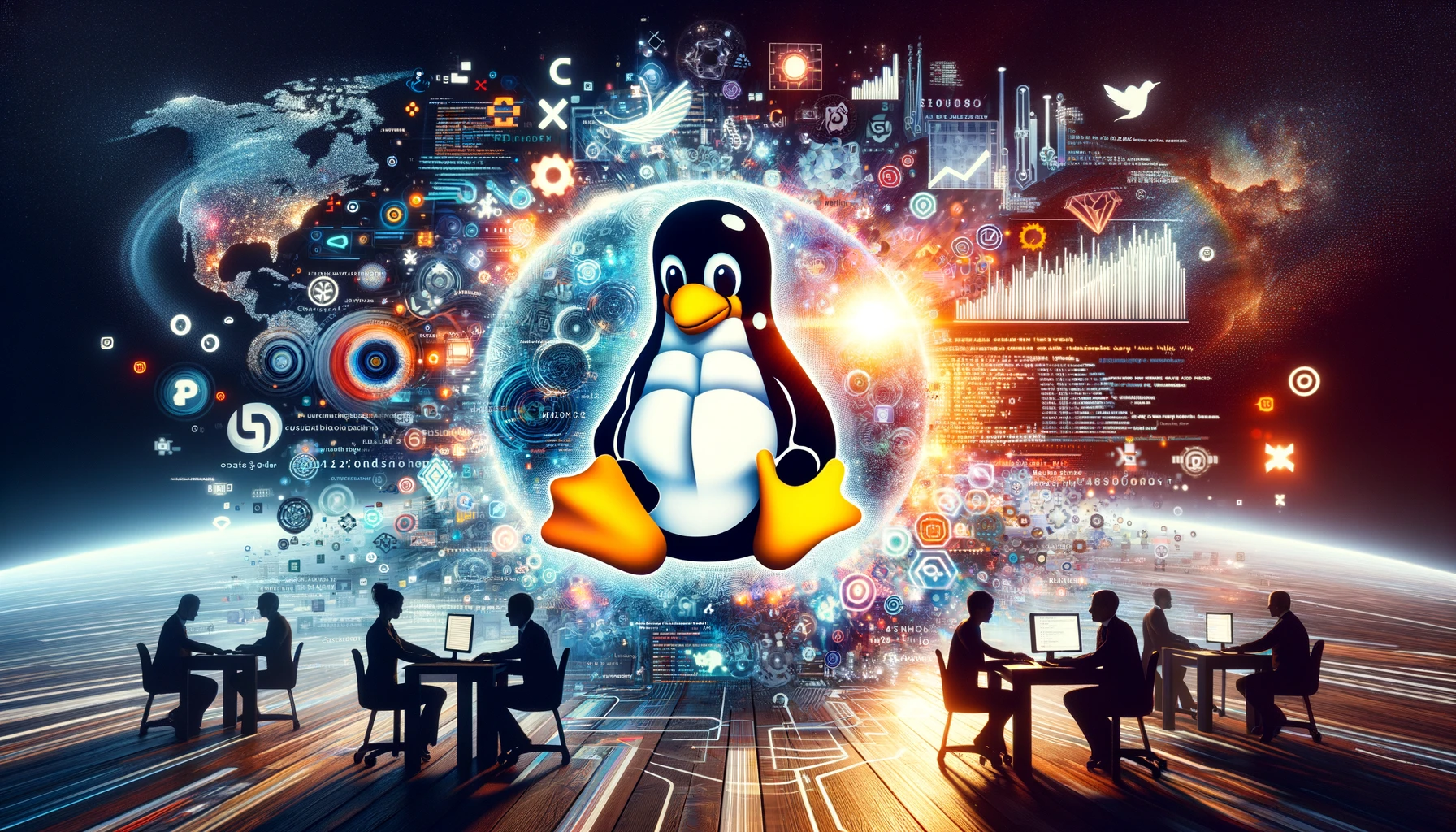Many users often ask, “Linux what?” Not because they’re unaware of the concept, but because they’re curious about everything Linux embraces. From its various distributions, its powerful and flexible environment, to its extensive and supportive community, Linux is a powerful operating system that offers diverse features based on individual needs.
What Linux Is
Linux is a free and open-source operating system developed by a community of developers worldwide. It belongs to the Unix-like operating system family, meaning it shares similar architecture and concepts with Unix. Its design is based on the principle of providing full control to the user and aims to be secure, free, and customizable.
Understanding Linux Distribution
When you’re familiarizing yourself with Linux, you might come across the term ‘Linux distribution’. These are various versions of Linux that take the core components of Linux and add different software packages to create a full-fledged operating system. Versions include Ubuntu, Fedora, Debian and CentOS, each with different strengths and weaknesses.
Applications of Linux
Linux has found its place in almost all technology aspects, from servers, desktops, smartphones (Android is Linux-based), cars to smart home devices, and more. Many businesses prefer using Linux for their servers because it provides a secure and reliable environment that’s free from costly license fees that other OS platforms impose.
Linux and Windows: An Overview
Familiarizing oneself with Linux doesn’t mean they should shun Windows. RDP (Remote Desktop Protocol) between Linux and Windows can provide seamless functioning between the two platforms. Such interoperability means that businesses and developers do not need to limit themselves to a single platform.
Linux Command Line
One of the most powerful features of Linux is its command-line interface (CLI). The CLI may initially seem daunting, but it offers a robust and sophisticated method of interacting with the system. Commands such as the Linux move command are incredibly versatile, allowing you to perform multiple tasks with a single line of code.
Flexibility and Customizability
The Linux OS is highly flexible and customizable. Users have the freedom to tweak every aspect of the system, from its appearance to its functionality. Whether you’re a programmer who wants to create a streamlined coding environment or a business that needs a particularly robust system, Linux can be adapted to fit your requirements.
The Linux Community
The Linux community is another selling point for the OS. The vast community of developers and users provide support through various forums and online discussions. This network can answer your technical questions and help solve problems you may encounter. Moreover, this community is responsible for Linux’s continual development and the regular updates it provides.
What Next With Linux?
Now, when you hear “Linux what?”, you can answer confidently. Not only that it’s a free, open-source and highly customizable operating system but also it can be used seamlessly with Windows. Furthermore, it’s supported by a large community that continually works to improve and expand its capabilities. Overall, Linux is a powerful tool that any tech-savvy individual should seriously consider exploring.
For more information, check out The Linux Foundation, where you can find resources for learning about and contributing to Linux.

